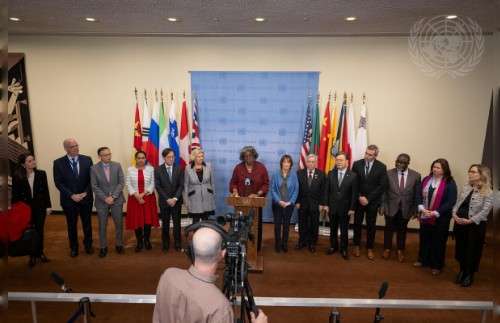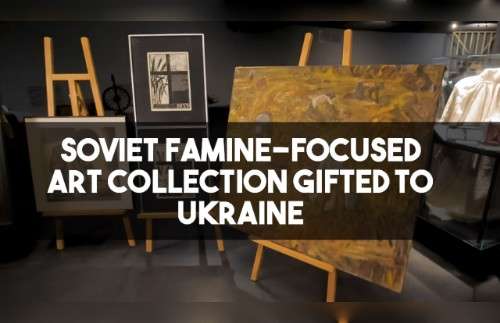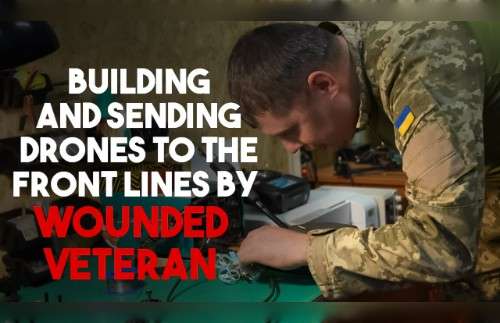Alison Mutler/RFE/RL

When a 15-year-old girl frantically called the emergency services in southern Romania last month to say she’d been kidnapped, beaten, and raped, a regional police chief was put in charge of the case.
But instead of immediately coordinating with other state institutions to locate and rescue the teen, he contacted a shady local security firm boss.
Several hours after victim Alexandra Macesanu had made three desperate calls for help on July 25 begging that she be rescued, Olt County Deputy Police Chief Nicolae Alexe called Remus Radoi not just once, but 10 times, said Radoi, who is described in Romanian media as a local mobster.
Alexe also sent Radoi messages asking him to check two telephone numbers and an automobile, divulging key information in Macesanu’s case.
He even asked Radoi for leads and the security boss gave him the addresses of some people in the town of Caracal that Alexe should check out.
One trail — which went nowhere — led to alleged gang leader Nicusor Oaca, a rival of Radoi who has connections to two other senior police officers in Caracal.
Oaca said he knew about the interactions between Alexe and Radoi.
Caracal Mayor Liviu Radu, however, said he and the county prefect only learned about the kidnapping the next day, and that was from the media.
By then it was too late.
The addresses that Radoi sent police to check — acquaintances of Oaca, proved to be dead ends.
Police eventually found the address where Macesanu was being kept the next day, 19 hours after the 15-year old’s phone calls to emergency services. By that time, she was dead and her alleged captor, 65-year-old mechanic Gheorghe Dinca, has since claimed to have killed her and burned her body while also admitting to killing 18-year-old Luiza Melencu, who had been missing since April. Her body has not yet been found.
Shady Connections
Beyond the tragedy and the public uproar about the authorities’ mishandling of the case, these events have shone an uncomfortable spotlight on shady connections between criminal groups, local authorities, and politicians in Romania.
As details of the case came out in the media — Radoi even showed journalists his WhatsApp messages with the police chief — many Romanians reacted with shock and outrage, accusing high-level police officials of incompetence and of working hand-in-hand with people they should be pursuing for crimes such as extortion and kidnapping.
For the moment, there is nothing to connect Dinca to organized-crime rings in Caracal, the impoverished town of 30,000.
But Sorin Ionita, director of the Expert Forum think tank, told RFE/RL: “We don’t know yet whether he was a lone wolf or connected to organized crime and human trafficking, the case isn’t finished yet.”
Stelian Tanase, a writer and commentator, wrote that Romania is controlled at a local level by clans formed by “politicians, mobsters, police, and prosecutors who control resources to their benefit and to the detriment of ordinary citizens.”
Tanase told RFE/RL what many Romanians have long known, that police are “in cahoots with mafia gangs.”
“They aren’t working for the protection of the citizens or to [uphold] the law. The police have gone over to the other side. They defend criminals, not the law…. That’s been proved [by the events] in Caracal,” Tanase said.
“Olt County is not isolated from the rest of Romania. We should find out how widespread this phenomenon is between the police and mafia gangs…how far the police are corroded by corruption,” Tanase said.
“Romanians don’t trust the police. The crime groups need to be taken down. Mobsters have a share of the business at a local level, they control institutions and people, including police chiefs…and corrupt politicians.”
Ionita added: “We have a weak state [in which] police and prosecutors are under political patronage, especially in poor counties where people are socially vulnerable,” he said. “[Police] will get orders that [someplace] is a no-go area and the entire system enters into a noncombative [state] and [the police] do nothing.”
Since the end of communism, Romania has been a primary target in Eastern Europe for sex traffickers.
In one case linked to a sex-trafficking ring found to have operated largely from 2012-17, 14 Romanian men were sentenced for having sex with minors, but none of them served prison time.
Radoi rides around Caracal in a Phantom Rolls Royce and controls a security company, SC Safety Security, that has some 1,800 employees and which has major contracts with state agencies, including local power plant CE Oltenia, which provides energy to southern Romania.
He has been banned from running the security company after a conviction for beating up the member of a rival group, but told RFE/RL he effectively controls the company.
Radoi hit back at suggestions of any involvement in wrongdoing, saying that he’s helped fight local organized crime and has gone after crime suspects for the police, handing them over to authorities “on a tray.”
He accuses the police of being lenient with some local mobsters, particularly of his rival, Oaca.
Yet it was this rivalry with Oaca — who’s being investigated for illegal money-lending practices and accused of sex trafficking — that appears to have contributed to the delay in locating Macesanu.
“They should have gone to where the girl described, she gave a wealth of details,” about her location, Oaca told Mediafax news agency on August 5. “Why did the police [official Alexe] collaborate with Remus Radoi when he should have collaborated with his own colleagues?”
Understaffed Police
Alexe defended his action by saying he used “all methods available to me,” in an interview with B1 TV on August 2.
Ionita said the phone call wasn’t necessarily a problem “but the point is for the police to use the mobster, not the mobster to use the police.”
What may have been illegal though are messages from the former police chief to Radoi that reveal details about the investigation. Along with Alexe, two other local police chiefs locally were fired amid fallout from the case.
Oaca has been linked to Deputy Prime Minister Paul Stanescu, a powerful regional actor who is also Romania’s minister for regional development.
In 2013, when he was chairman of the Olt County Council, Stanescu authorized a project that included one of Oaca’s firms in the construction of a solar-panel farm. Stanescu defended his actions on August 7 saying he was legally obliged to authorize the business project and denied knowing Oaca.
Several observers have noted that there are well-known connections between criminal-gang members, the authorities, and politicians, quite frequently in Romania’s smaller towns and cities. In a country where poverty is rife and unemployment high, it is easy for corruption to take root.
But Radoi, who told RFE/RL he currently has a clean criminal record, defended his company and its role in society.
“[It’s] normal to have a parallel police force,” he said of his security network. “People don’t trust the police and come to us.”
Radoi claimed he often helps the understaffed police and defended his actions in the Macesanu saga, asserting that Romanian law obliges his security company to aid police with information or even personnel in such cases.
It wasn’t just local police chiefs who lost their jobs over Macesanu’s killing.
Amid the ongoing outrage, Interior Minister Nicolae Moga resigned on July 30 and Prime Minister Viorica Dancila fired Education Minister Ecaterina Andronescu on August 2 after she made remarks suggesting Macesanu should not have hitched a ride — as is alleged — with a stranger like Dinca.
But Alexandru Cumpanasu, Macesanu’s uncle who published transcripts of his niece’s desperate calls to the emergency services and has acted as a spokesman for the family, blamed the state for her murder.
“We are dealing with criminals — accomplices from the institutions of this miserable state who weren’t able to protect her — who didn’t manage to save Alexandra,” he said on August 2. “It wasn’t this monster [Dinca] who killed Alexandra, but the Romanian state.”
With reporting by Eugen Tomiuc in Prague
Copyright (c) 2019. RFE/RL, Inc. Reprinted with the permission of Radio Free Europe/Radio Liberty, 1201 Connecticut Ave NW, Ste 400, Washington DC 20036
You know Independent Journalism needs fund to run the not for profit venture Please contribute if you like our effort Donate through PayPal Or paytm +919903783187 phone pe +919875416249 Google Pay +919875416249 BHIM +919875416249 or write to us editor@crimeandmoreworld.com










